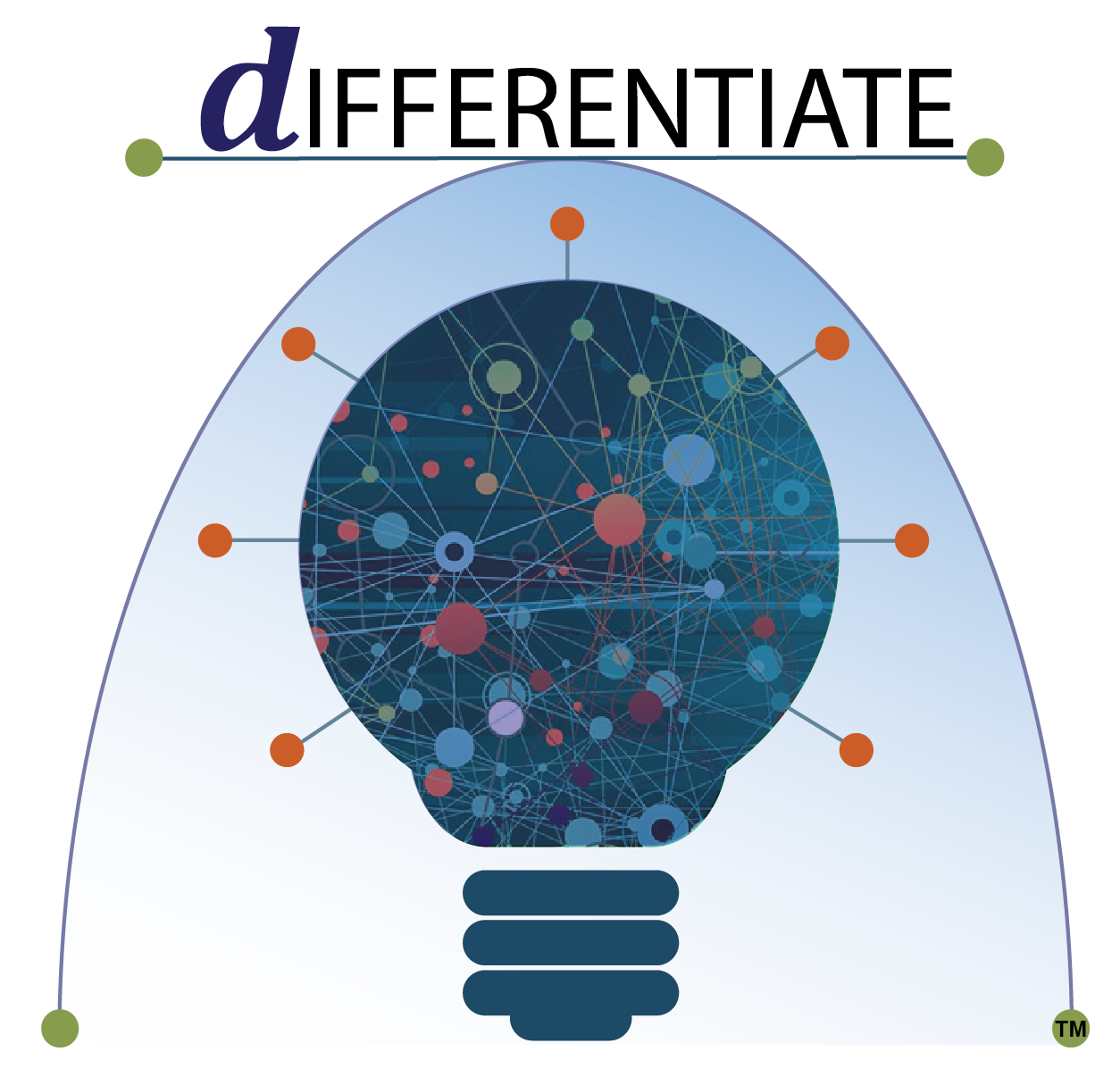
Department of Energy Announces $15 Million for Development of Artificial Intelligence and Machine Learning Tools
WASHINGTON, D.C. – Today, the U.S. Department of Energy’s (DOE’s) Advanced Research Projects Agency-Energy (ARPA-E) announced $15 million in funding for 23 projects to accelerate the incorporation of machine learning and artificial intelligence into the energy technology and product design processes as part of the Design Intelligence Fostering Formidable Energy Reduction (and) Enabling Novel Totally Impactful Advanced Technology Enhancements (DIFFERENTIATE) program.
Launched in April of this year, the DIFFERENTIATE program aims to develop streamlined solutions to next-generation energy challenges. The program identified three general mathematical optimization problems that are common to many design processes. The selected projects then conceptualized machine learning and artificial intelligence-based solutions to help engineers execute and solve these problems in a manner that dramatically accelerates the pace of energy innovation.
“The incorporation of AI and Machine Learning into our energy technology design and engineering processes has great potential to increase the productivity of our nation’s engineers and scientists,” said Secretary of Energy Rick Perry. “These DIFFERENTIATE projects truly work towards creating a competitive advantage that further positions the United States as the world leader in AI technology development.”
Following the initial round of Phase I funding for the DIFFERENTIATE program, additional funding will be available to qualifying awardees at a future date.
A sampling of DIFFERENTIATE projects can be found below; for the full list of projects click HERE.
Iowa State University – Ames, Iowa
Context-Aware Learning for Inverse Design in Photovoltaics - $607,138
Iowa State University will develop novel machine learning tools to accelerate the inverse design of new microstructures in photovoltaics. The team will create a new deep generative model called bi-directional inverse design networks to combat challenges in real-world inverse design problems. The proposed inverse design tools, if successful, will produce novel, manufacturable material microstructures with improved electromagnetic properties relative to existing technology.
University of Michigan-Dearborn – Dearborn, Michigan
ML-ACCEPT: Machine-Learning-enhanced Automated Circuit Configuration and Evaluation of Power Converters – $658,321
The University of Michigan-Dearborn will develop a machine learning-enhanced design tool for the automated architectural configuration and performance evaluation of electrical power converters. This tool will help engineers consider a wider range of innovative concepts when developing new converters than would be possible via traditional approaches. This tool is expected to leverage a number of ML techniques—including decision trees, supervised learning and reinforcement learning—and is expected to reduce the cost and time required to develop new ultra-efficient power-converter designs.
###
